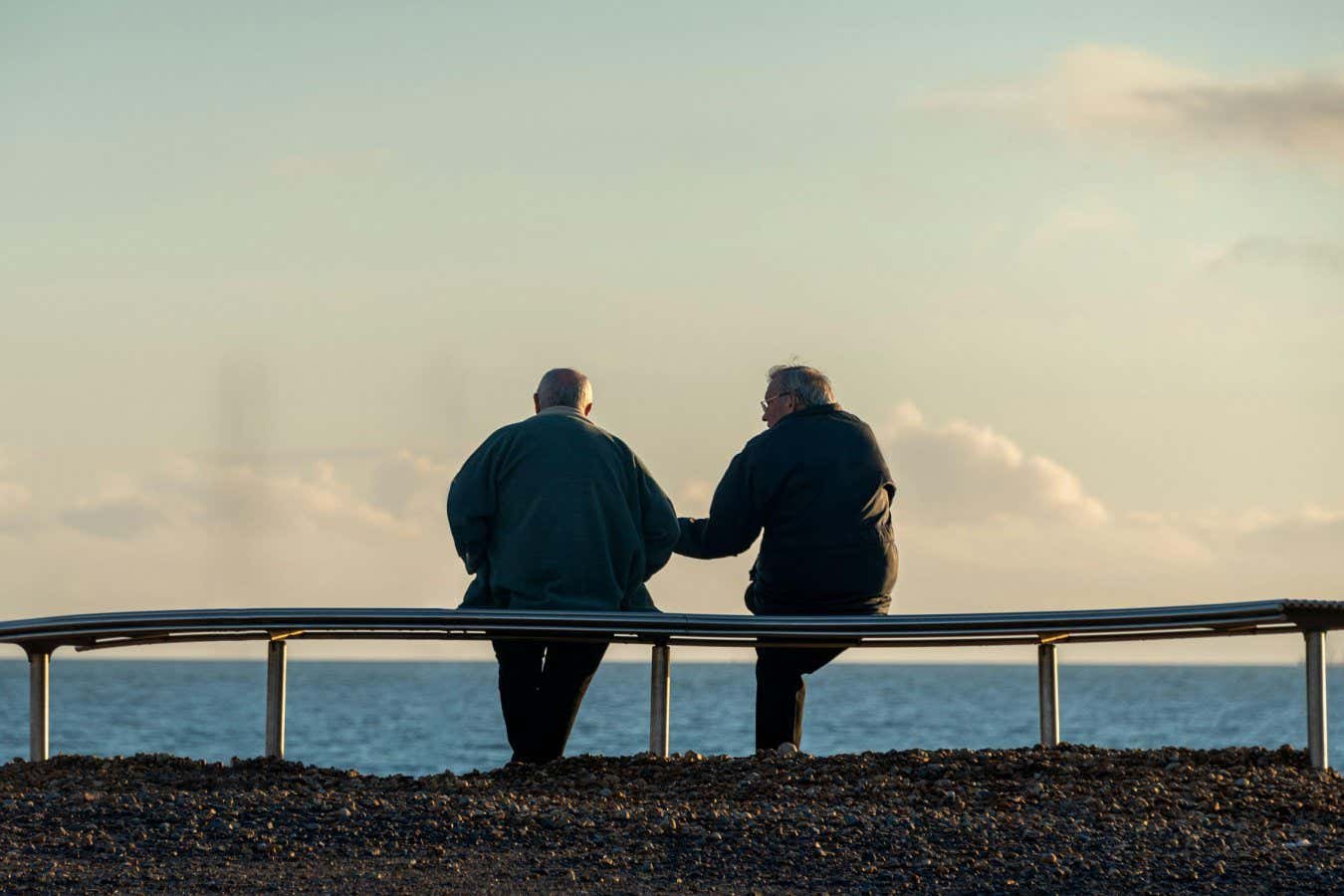The company we are holding could affect our health
Rob Wilkinson/Alamy
Many of us have people in our lives who bring more anxiety than joy. But rather than these individuals who just pull us down, they could actually speed up the speed at which we grow older.
Psychologists have long known that strong social ties are shaping our long, with a review that suggests that social isolation can have such a strong impact on mortality as obesity or lack of exercise.
It is also clear that the quality of our relationships can be important as the amount. In 2012, scientists at the University of Utah found that “frenemies” – ambivalent conditions that are blowing hot and cold – appear to speed up the short circuit of our teles, the protective caps at the end of chromosomes. This happens naturally with age and has been linked to conditions such as heart disease.
Now, Byungkyu Lee at New York University and Hans Colleugues has turned to a more accurate measure of age, analysis the effects that negative social ties have on small chemical changes to DNA called method. This is an example of epigenetics, the way your behavior and environment can cause changes that affect how your genes work. “As we get older, the pattern changes by these brands in predictable ways,” says Lee.
The team caused 2232 people to give saliva samples for epigenetic tests and describe their relationship with key members in their social networks, answer questions such as: “How often has X trouble you, caused problem or made life difficult?” In the response they answered “never”, “rarely”, “occulelt” or “often”.
Anyone who caused such problems was occasionally or often labeled as a “Hassler” – and they were surprisingly common. “Over half of adults report having at least one Hassler among their closest contacts,” says Lee.
These individuals seemed to have a significant influence on people’s epigenetic markers, with each hassler being associated with accelerated biological aging with approx. 0.5 percent, which made their biological age 2.5 months older on watering than expected for their chronological age.
Negative social ties can trigger a chronic, inflammatory stress response, where Lee’s team observes higher levels of these markers in people with such conditions as can the immune system.
“The biological effect of having a high proportion of Hasslers in one’s social network is comparable in size with the difference between never-smokers and still smokers,” says Lee.
The effect was most pronounced among the troublesome, which also offered the person a kind of social support. “The same person who prestors you today can criticize you tomorrow and create more physiological damage than conditions that you can simply categorize as poorly and potentially,” says Lee.
Alex Haslam at the University of Queensland in Australia says the paper “is definitely in line with other work that has explored these the important and the importance of social conditions for health”.
He also claims that a unified feeling of group belonging to can have a greater influence on aging than the effects of a few individuals. “For example, if I am a member of a book club or a tax, it will be my identification with the group as a whole that affects my health, not how well I move on with its individual members,” he says.
Topics:
